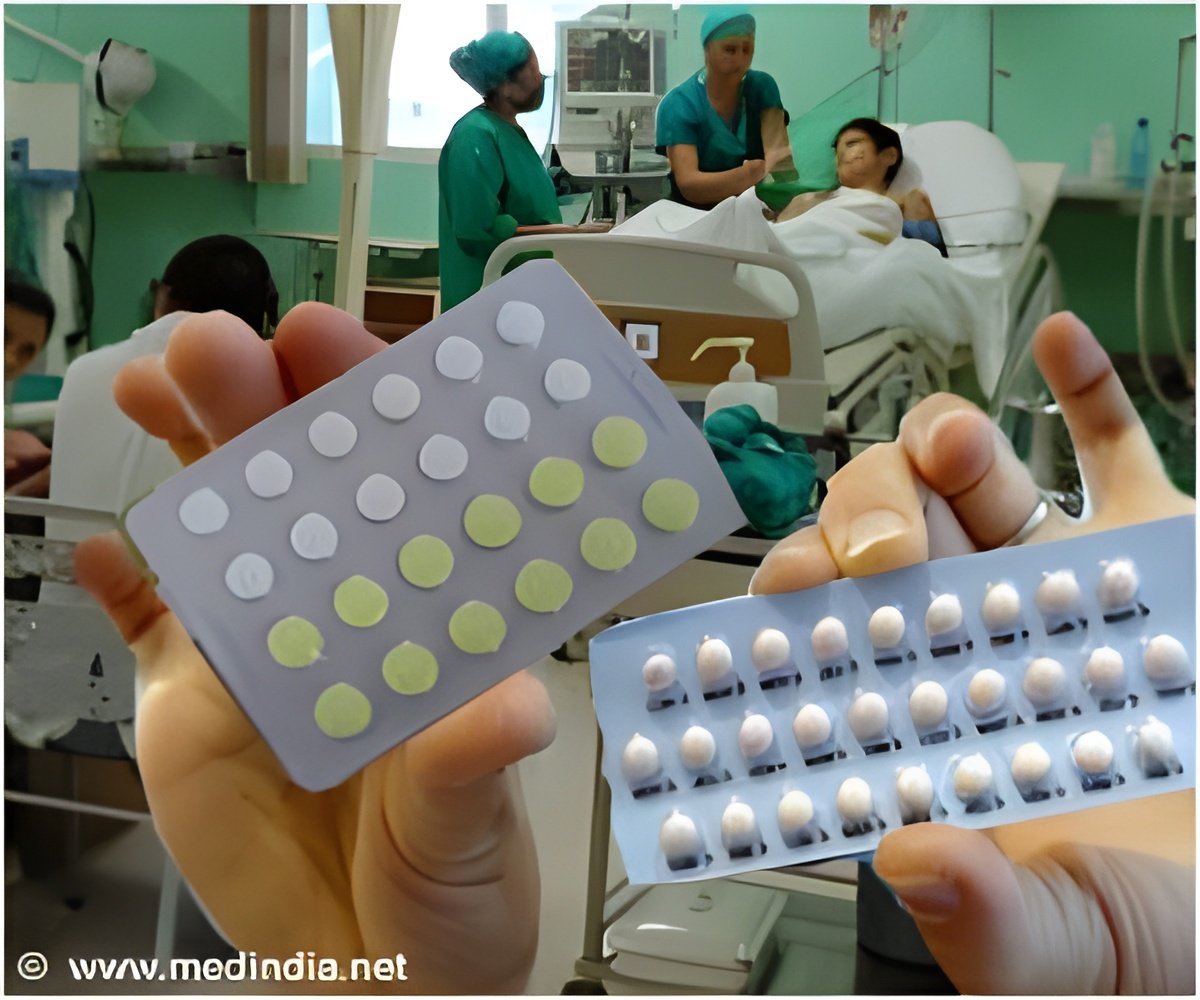A framework that can evaluate the risk of resistance for antimalarial compounds has been developed by Medicines for Malaria Venture.

"By profiling our portfolio as early as possible in terms of resistance liabilities, be they pre-existing or acquired, we are attempting to ensure that none of the compounds will fall to potential resistance," said Tim Wells, Chief Scientific Officer, MMV, and one of the authors of the paper. "This will also help us cost-effectively accelerate the drug development process, and be prepared in advance with a full resistance profile which is required by regulatory authorities before a new drug can be approved."
A cross-resistance test using a panel of multi-drug resistant strains of the parasite will check for pre-existing resistance liability. This will ensure that none of MMV's compounds are cross-resistant with other drugs, e.g., if a parasite is resistant to chloroquine, its resistance will also be profiled against MMV compounds.
The framework also includes selection experiments in the laboratory that measure how easy it is for the parasite to develop resistance, in other words, the likelihood of the occurrence of mutations that confer resistance. This is achieved by measuring the minimal inoculum for resistance (MIR) – the minimum number of parasites from which a resistant one is likely to be selected by drug pressure. Although this is already being done, the framework offers a standard, systematic method.
This new framework will result in a fully profiled portfolio for MMV in terms of resistance and could also be used by other malaria researchers to test their compounds for potential resistance, measure the genetic ability of parasites to develop resistance and the intensity of the resistance.
Advertisement









